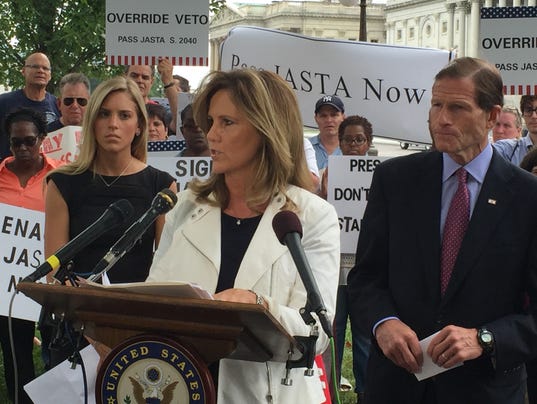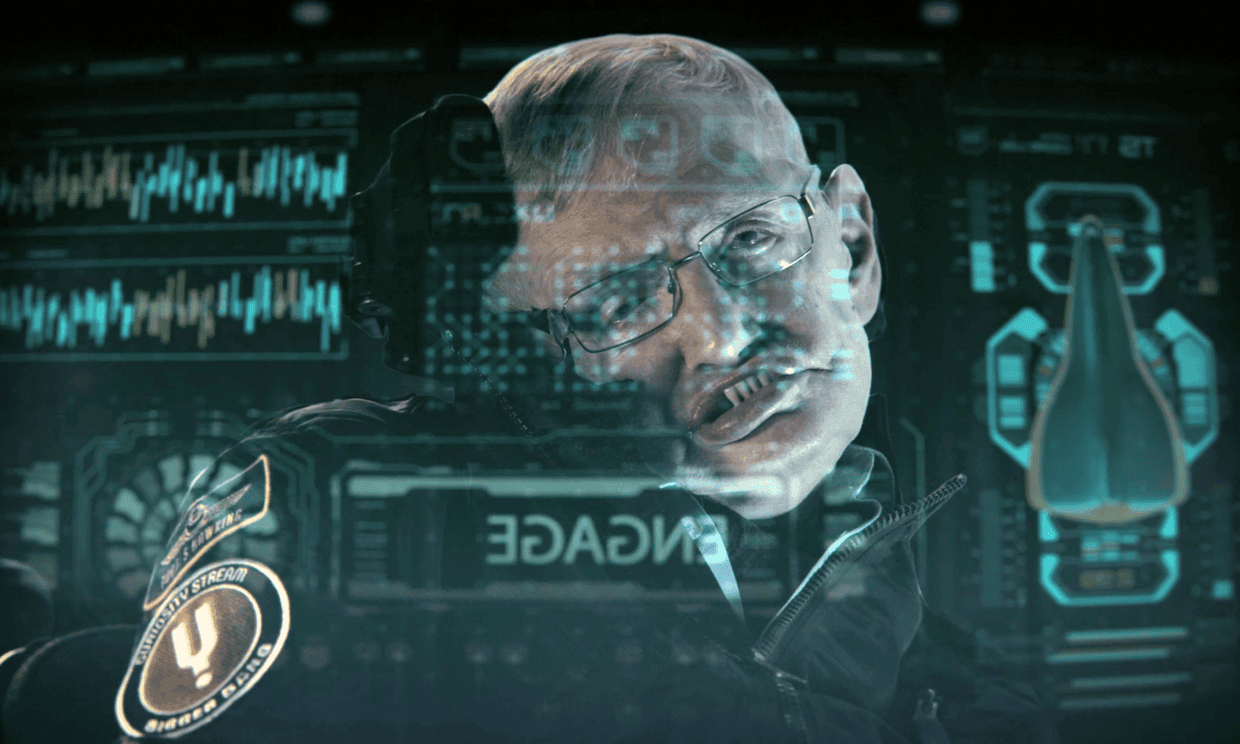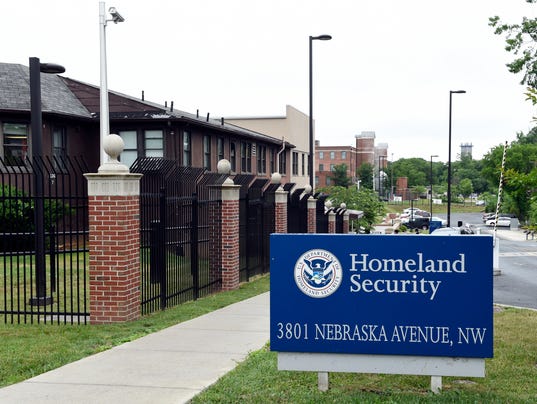Asked to name his favorite foreign leader, or any foreign leader he admires, Libertarian nominee for president Gary Johnson was unable to come up with an answer.
The exchange occurred on an MSNBC town hall hosted by Chris Matthews Wednesday night.
When Johnson hesitated at the initial question, Matthews said, "Go ahead, you gotta do this. Anywhere. Any continent. Canada, Mexico, Europe, over there, Asia, South America, Africa. Name a foreign leader that you respect."





 A train smashed into the terminal of the New Jersey Transit Hoboken station Thursday morning, injuring more than 100 people and killing at least three, officials said.
A train smashed into the terminal of the New Jersey Transit Hoboken station Thursday morning, injuring more than 100 people and killing at least three, officials said. The House and Senate voted Wednesday to reject President Obama's veto of legislation allowing lawsuits against foreign sponsors of terrorism — the first successful override of a presidential veto since Obama took office.
The House and Senate voted Wednesday to reject President Obama's veto of legislation allowing lawsuits against foreign sponsors of terrorism — the first successful override of a presidential veto since Obama took office. “We come in peace” might be the traditional opening gambit for aliens in science fiction, but we should be wary about beaming back a response to any advanced life-forms in real life, Stephen Hawking has warned.
“We come in peace” might be the traditional opening gambit for aliens in science fiction, but we should be wary about beaming back a response to any advanced life-forms in real life, Stephen Hawking has warned.
 More than 800 immigrants who had been ordered deported were mistakenly granted U.S. citizenship because of gaps in fingerprint recordkeeping, the Department of Homeland Security Office of Inspector General reports.
More than 800 immigrants who had been ordered deported were mistakenly granted U.S. citizenship because of gaps in fingerprint recordkeeping, the Department of Homeland Security Office of Inspector General reports. Trump is set to debate his Democratic opponent, Hillary Clinton, on Sept. 26. When it happens, Goodall told The Atlantic she’ll be thinking of “Mike,” a chimpanzee she studied that displayed dominance by kicking kerosene cans, creating a racket that sent would-be challengers fleeing.
Trump is set to debate his Democratic opponent, Hillary Clinton, on Sept. 26. When it happens, Goodall told The Atlantic she’ll be thinking of “Mike,” a chimpanzee she studied that displayed dominance by kicking kerosene cans, creating a racket that sent would-be challengers fleeing. 






























